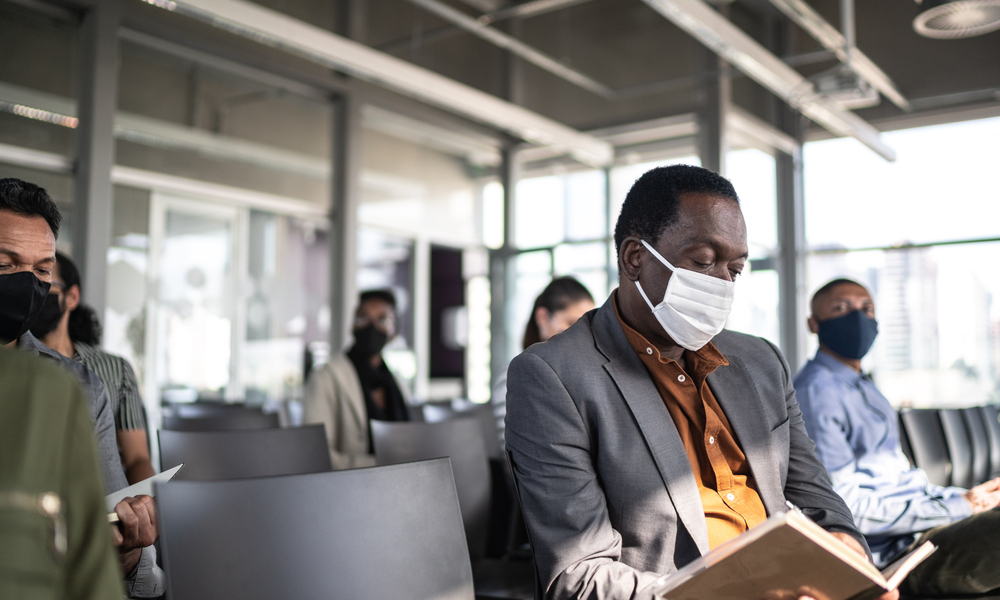
A Few Practical Realities for Post-Pandemic Events
As the pandemic abates and even after it subsides, meetings are going to look a lot different. What should you think about now to make sure you’re offering the best experience to participants this year and beyond? A look at some considerations.
As I’ve written over the last several weeks, the return of in-person events will likely include many new health and safety measures, including contact tracing, onsite screening and testing for COVID-19, and an array of protocol documents.
But beyond these necessary elements and documentation, how else will events look different moving forward, and what will be required of meetings teams to execute them successfully?
Earlier this month, AYRE Event Solutions published “Events in 2021 and Beyond,” which outlined several ways that the pandemic will affect events and meeting professionals in the future. Here’s a look at three of them:
Cost. While hybrid is the likely format for many events, especially large ones, over the next year, producing them effectively will mean increased costs for organizations. “The demand is going to be so high, so production companies, venues, and general suppliers will likely increase their costs,” said Managing Director Chris Ayre. “On the other hand, production companies may also need to increase their costs because the technical labor (e.g., freelance technicians, crew, etc.) pool will be lower as many have now left the industry to work elsewhere.”
Confidence. “Building confidence will be the key driver in the return of the events industry in 2021 and beyond,” said Ayre. “You may have more control measures than a nuclear power station, and think your event is ‘COVID secure’, but unless your audience feels safe to return, they will stay away, no matter what you offer them.” To build that confidence, organizations will need to be proactive and transparent when it comes to health and safety.
Reskilling. Just as the pivot from in-person to fully virtual in 2020 required meeting professionals to acquire new skills, so will the transition to hybrid events. This means there may be a bit of a gap as professionals get comfortable with technology requirements and everything else. “One thing is certain, there will be a skills gap within the industry, but working with a production company who has experience can help smooth the transition,” said Ayre.
Convention centers are also recognizing that they will need to provide new resources to better help meeting pros execute future events. For example, some venues are introducing new cleaning and disinfection tools and staff roles, while others are building onsite broadcast studios that will help organizations host hybrid events more easily.
And just this week, Canada’s Palais des congrès de Montréal launched a new program that will help planners transform their events for a post-COVID world. The program includes 10 hours of one-on-one coaching, as well as several training sessions that cover areas such as new business models and funding sources and “focusing the experience factor on the human factor.”
“By launching this innovative program, the Palais des congrès de Montréal is providing an events industry that is being forced to reinvent itself with tangible support. The Palais is more than a convention center; it is also a solutions center, and the personalized training being offered here speaks firmly to our commitment to innovation,” said Robert Mercure, CEO of the Palais des congrès de Montréal, in a press release.
What do you think post-pandemic events will look like, and how is your meetings team preparing for it? Please share in the comments.
(FG/E+/Getty Images Plus)






Comments